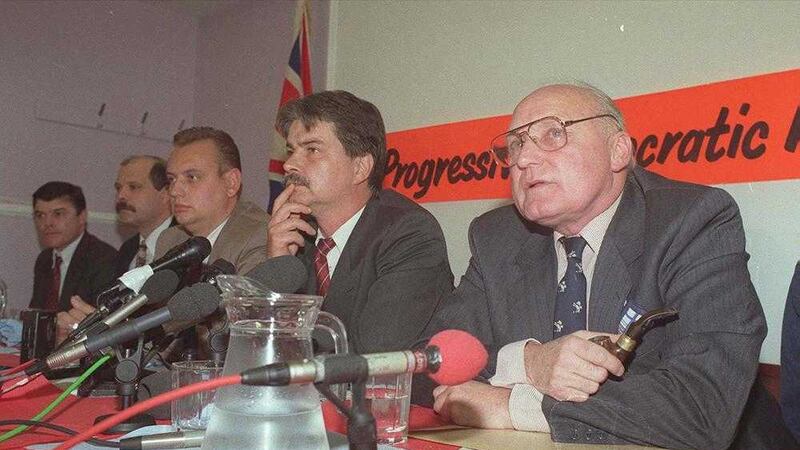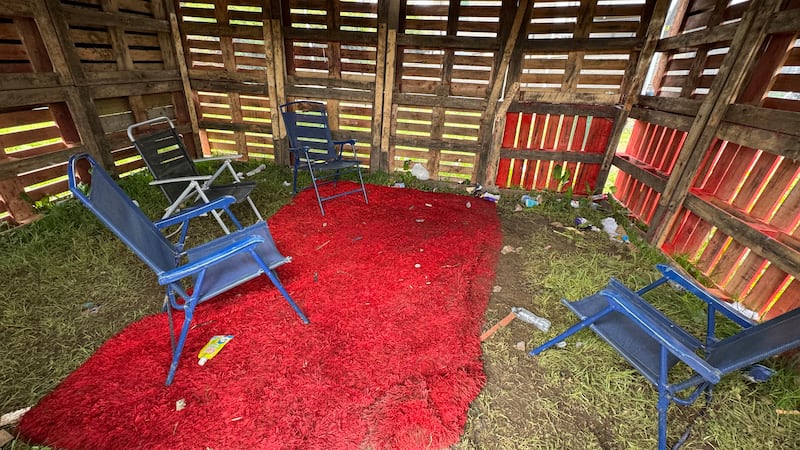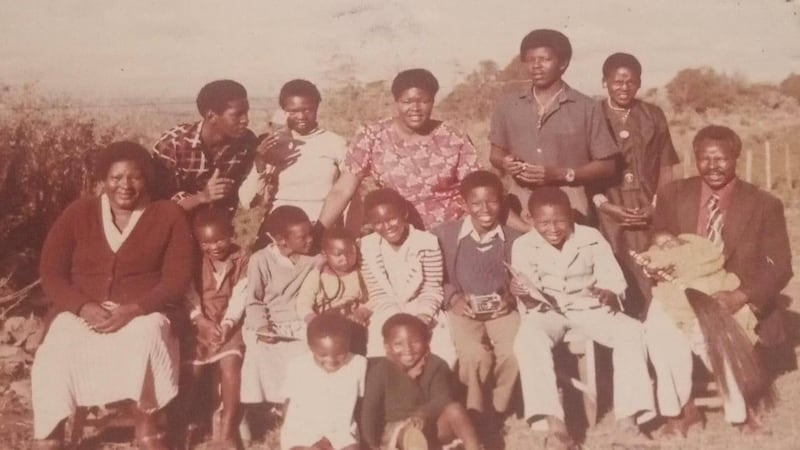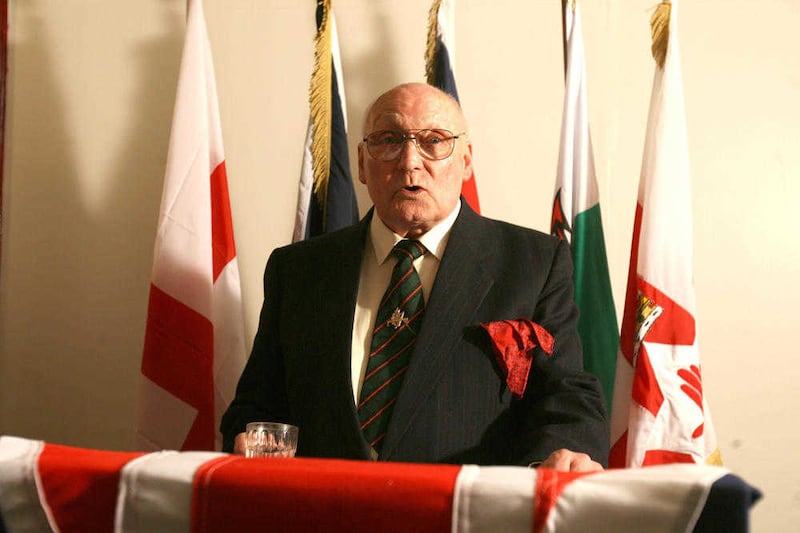PREVIOUSLY classified documents have revealed that the RUC released UVF leader Gusty Spence from custody in defiance of the British army, despite being on the run from prison for the murder of Catholic man Peter Ward.
Documents uncovered from an official archive by campaigner Ciaran Mac Airt show how the loyalist leader, dubbed the 'Orange Pimpernel' during his time at large, was arrested by soldiers at an Orange hall on Belfast's Shankill Road with 60 other loyalists but was released despite being on the most wanted list.
Minutes of Home Office meetings reveal that the actions of the RUC caused tensions with the British army.
On the night the Parachute regiment arrested Spence, along with what was thought to be the leadership of the UVF, there was widespread rioting on the Shankill Road with four members of the security forces abducted by loyalists.
Despite this there were no loyalists interned or convicted for their actions on the night.
Along with Spence at the Orange hall were said to be key suspects in the McGurk's Bar bombing in 1971, including the man who allegedly provided the explosives.
The RUC had wrongly claimed the atrocity was an IRA 'own goal'.
Mr MacAirt whose grandmother Kitty Irvine was killed in the McGurk's attack, said: "Imagine what would have happened had the treatment of loyalists been on par with that of republicans at the time.
"This could have cut the legs from under the UVF. Instead, along with Spence who was on the run from prison, they were all released without charge".
In October 1966 Spence was sentenced to life in prison for the murder of Mr Ward, but he was released temporarily on July 1 1972 for two days to attend the wedding of his daughter to Winston 'Winkie' Rea, who would later go on to head up the outlawed Red Hand Commando.
Spence was ordered by the UVF not to return to prison as he was needed to help 'restructure' the UVF.
While being driven back to Crumlin Road jail by loyalist killer Frankie Curry, who was himself later shot dead during a period of loyalist infighting, they faked an abduction attempt and Spence did not return.
The release of Spence caused a political crisis that that stretched all the way to Downing Street, with a memo sent to prime minister Edward Heath reading: "Prime Minister is advised to reply that it is not yet established that Spence was among those arrested and that a police enquiry into the incident is being held.
"For the Prime Minister’s own information, the army have good reason to believe that Gusty Spence was one of the people arrested on that occasion, but for reasons which are not yet clear Spence was released without questioning."
The Parachute regiment were later order to rearrest the leading loyalist on sight to prevent further embarrassment to the government and he was apprehended just over a month later and returned to prison.
Mr Mac Airt said the documents were "highly significant for scores of cases involving murder by the UVF during this time as the RUC denied the existence of loyalist violence".
"The RUC blamed UVF killings on the IRA in the cases of McGurk’s Bar and Kelly’s Bar and failed to investigate the killings."
Spence, who in later life helped found the Progressive Unionist Party and was instrumental in negotiating the loyalist ceasefires, died in 2011 following a lengthy illness.







